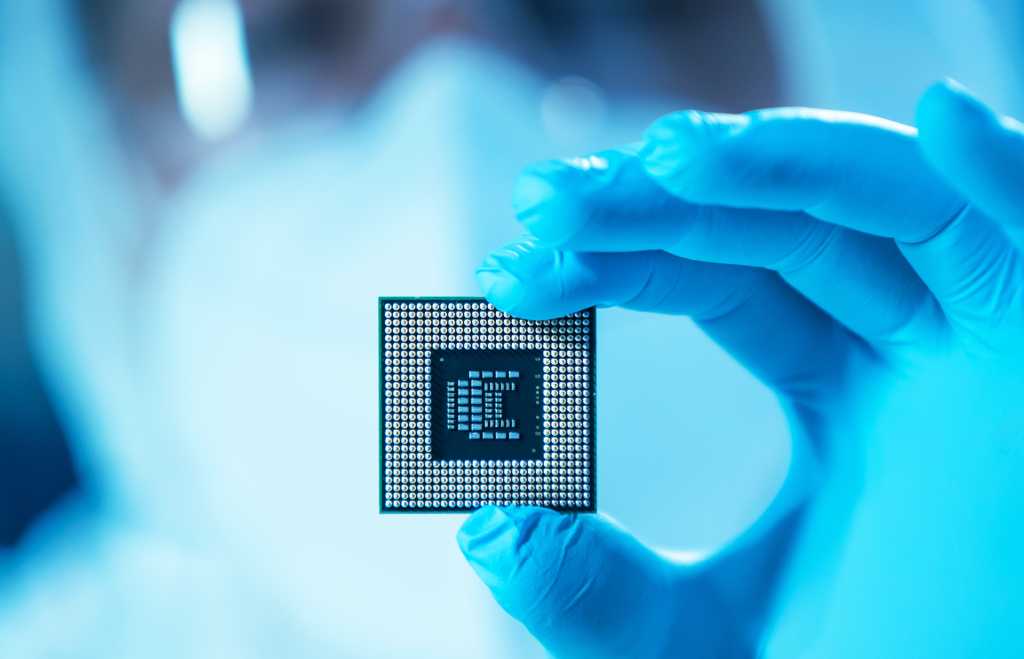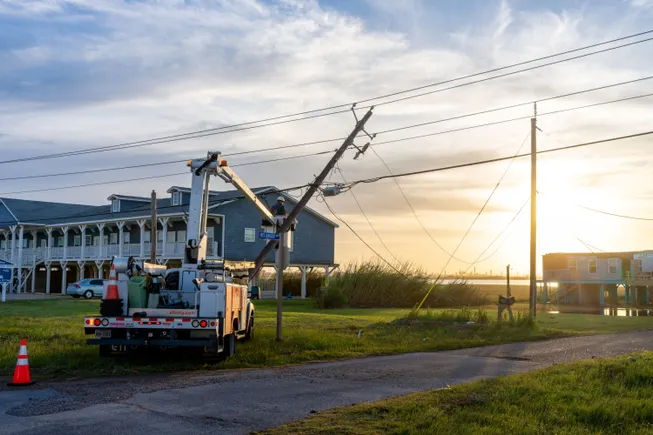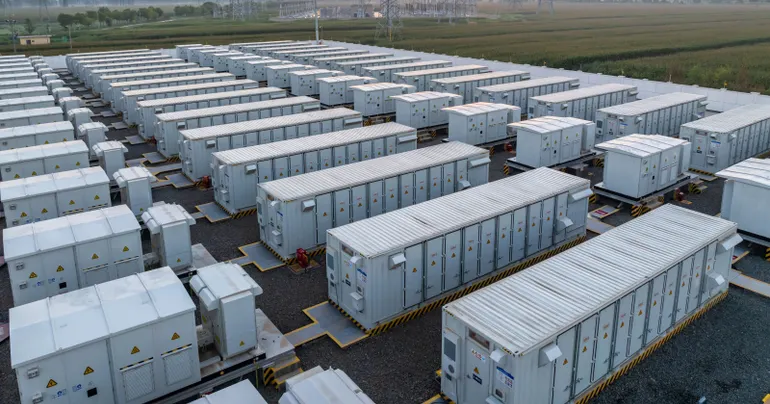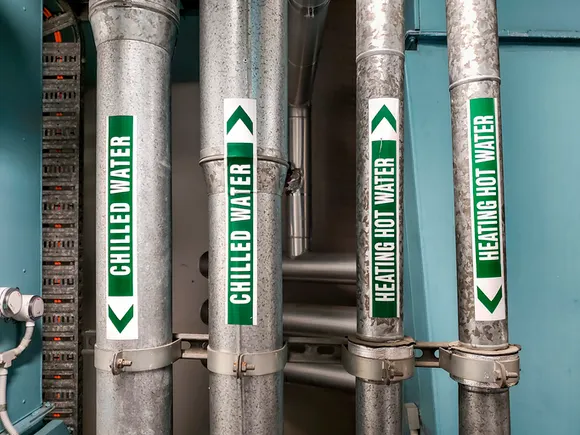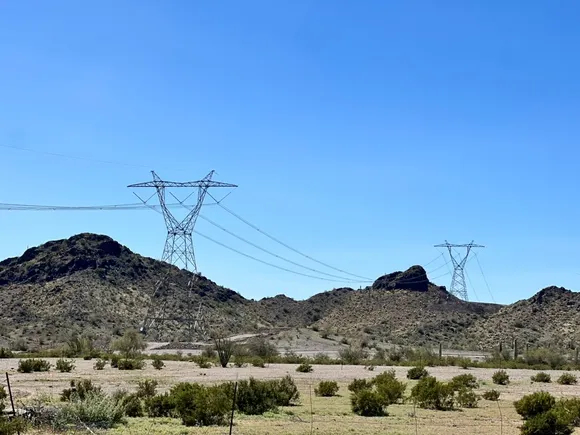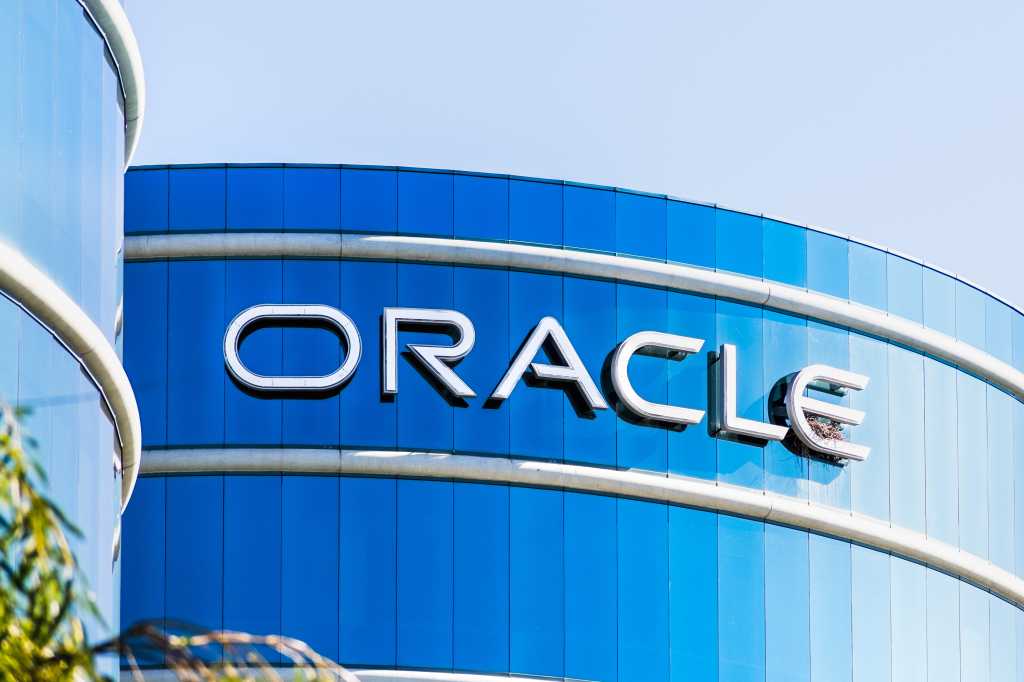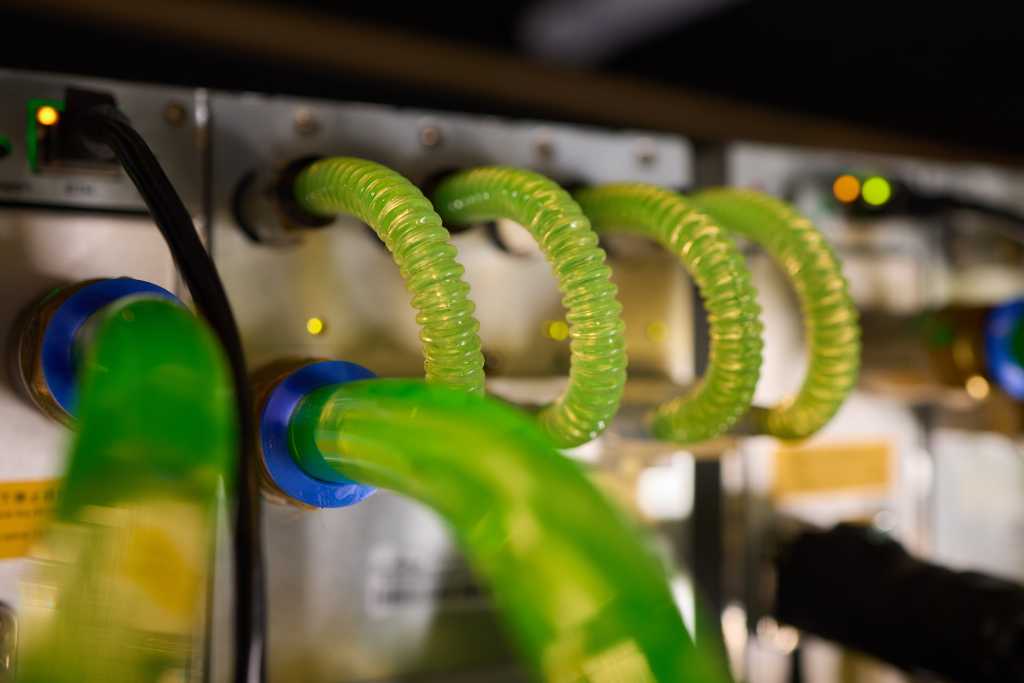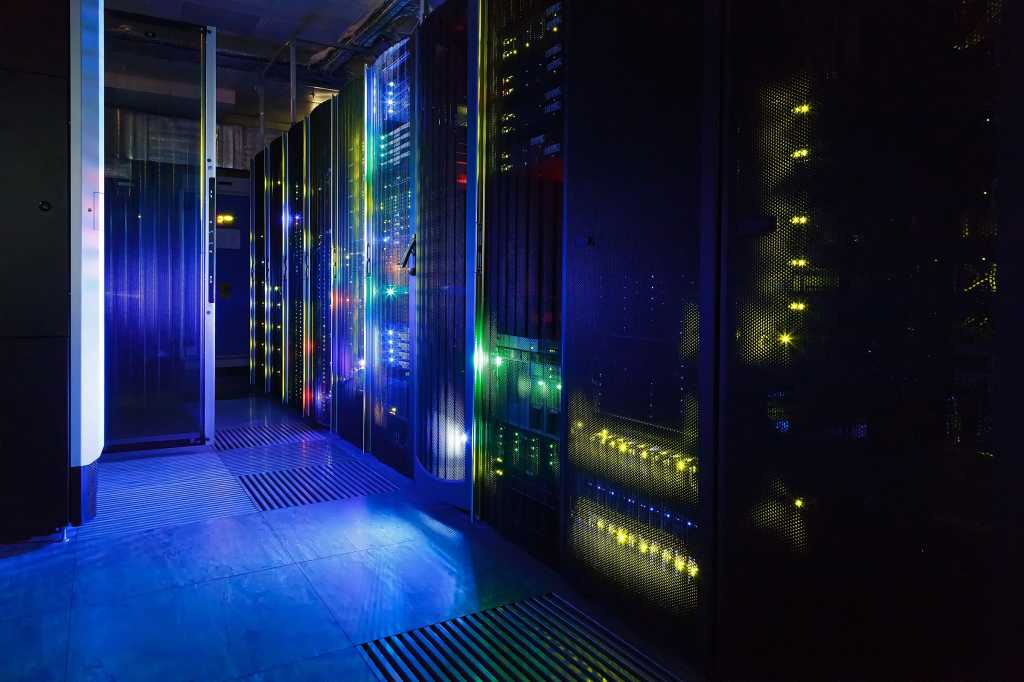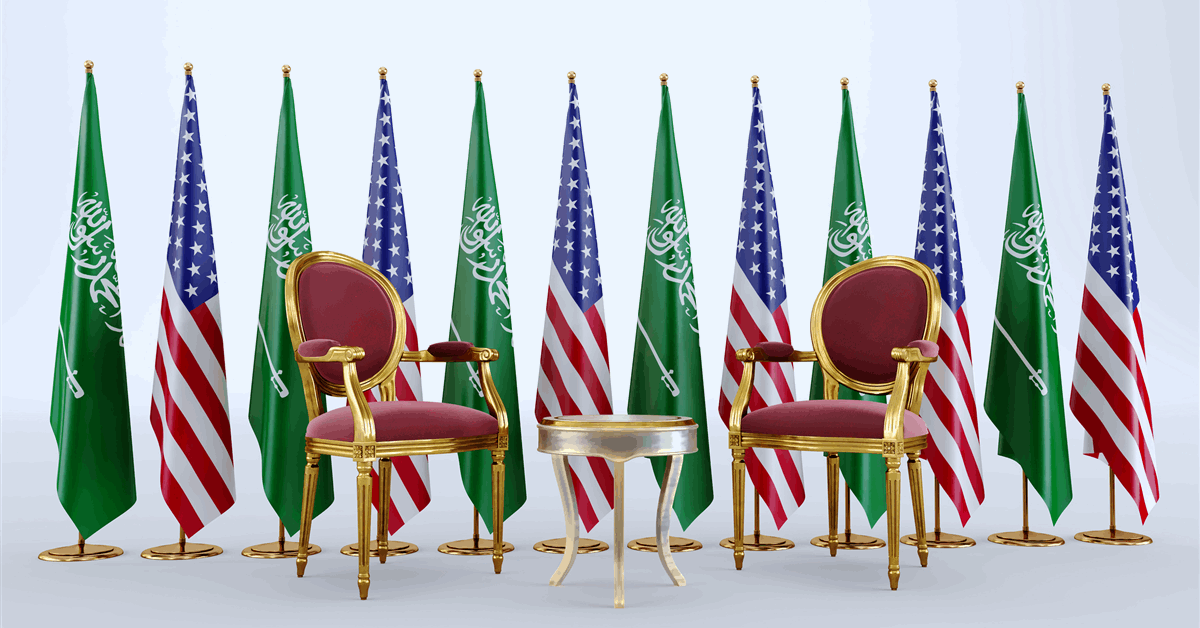
Saudi Arabia and the United States have signed agreements on cooperation on energy – including through refined oil products trading and artificial intelligence (AI) – and critical minerals.
The memorandum of understanding (MOU) on energy collaboration and the memorandum of cooperation (MOC) on critical minerals were executed during Donald Trump’s visit to the kingdom, in which the U.S. president secured $600 billion in investment commitments from the Saudis. The MOU was signed between U.S. Energy Secretary Chris Wright and Saudi Energy Minister Prince Abdulaziz bin Salman Al Saud while the MOC was signed by Wright and Saudi Industry and Mineral Resources Minister Bandar Alkhorayef.
The MOU “explores the potential for innovation, development, deployment of energy infrastructure in the two countries, and providing access to clean cooking solutions in developing countries”, the U.S. Department of Energy (DOE) said in an online statement Tuesday.
“The MOU also highlights the intent to collaborate in various fields including petroleum refining and refined products trading, electricity generation technologies and energy storage systems, and artificial intelligence projects to accelerate deployment of energy-driven innovations.
“The two sides also outlined areas for cooperation on civil nuclear energy, including safety, security, and nonproliferation programs; vocational training and workforce development; U.S. Generation III+ advanced large reactor technologies and small modular reactors; uranium exploration, mining, and milling; and safe and secure nuclear waste disposal”.
Meanwhile the MOC will create “a framework for cooperation to strengthen and secure supply chains for critical minerals mining and processing”, the DOE said. The two intend to explore joint ventures and investment opportunities, including in refining and processing facilities, and in workforce and research institutions that will ensure continued innovation related to mineral exploration, extraction, and processing”.
The White House announced separately on Tuesday that Trump has secured investment pledges totaling $600 billion from Saudi partners. The investments are part of two-way deals that the presidential office said mark “the largest set of commercial agreements on record between the two countries” and “a new golden era” in their relations.
These include “the largest defense sales agreement in history”, the White House said in a statement on its website. Under the $142-billion sales deal, the U.S. will export warfighting equipment and services to Saudi Arabia.
“The sales that we intend to complete fall into five broad categories: (1) air force advancement and space capabilities, (2) air and missile defense, (3) maritime and coastal security, (4) border security and land forces modernization, and (5) information and communication systems upgrades”, the statement said.
“The package also includes extensive training and support to build the capacity of the Saudi armed forces, including enhancement of Saudi service academies and military medical services”.
On energy, Riyadh-based DataVolt will invest $20 billion in AI data centers and energy infrastructure in the U.S.
Additionally, DataVolt is partnering with U.S. tech giants Google LLC, Oracle Corp., Salesforce Inc., Advanced Micro Devices Inc. and Uber Technologies Inc. to invest $80 billion in “cutting-edge transformative technologies in both countries”, the White House said.
“Additional major exports include GE Vernova’s gas turbines and energy solutions totaling $14.2 billion and Boeing 737-8 passenger aircraft for AviLease totaling $4.8 billion”, it added.
Other partnerships include “sector-specific funds with a strong emphasis on U.S. deployment – such as the $5 billion Energy Investment Fund, the $5 billion New Era Aerospace and Defense Technology Fund, and the $4 billion Enfield Sports Global Sports Fund – each channeling substantial capital into American industries, driving innovation, and creating high-quality jobs across the United States”, the White House said.
Another agreement will see the Saudi Space Agency’s CubeSat fly on the U.S. National Aeronautics and Space Administration’s (NASA) Artemis II test flight, a crewed mission to the Moon aboard the Orion spacecraft. “CubeSats will collect data on space radiation, solar X-rays, solar energetic particles, and magnetic fields”, NASA said in a separate statement.
Saudi Arabia’s direct investment in the U.S. totaled $9.5 billion in 2023, mainly in the transport, real estate and automotive sectors, the White House noted.
Last year the two countries traded $25.9 billion of goods between them, with U.S. exports at $13.2 billion and imports at $12.7 billion, the White House said.
To contact the author, email [email protected]


